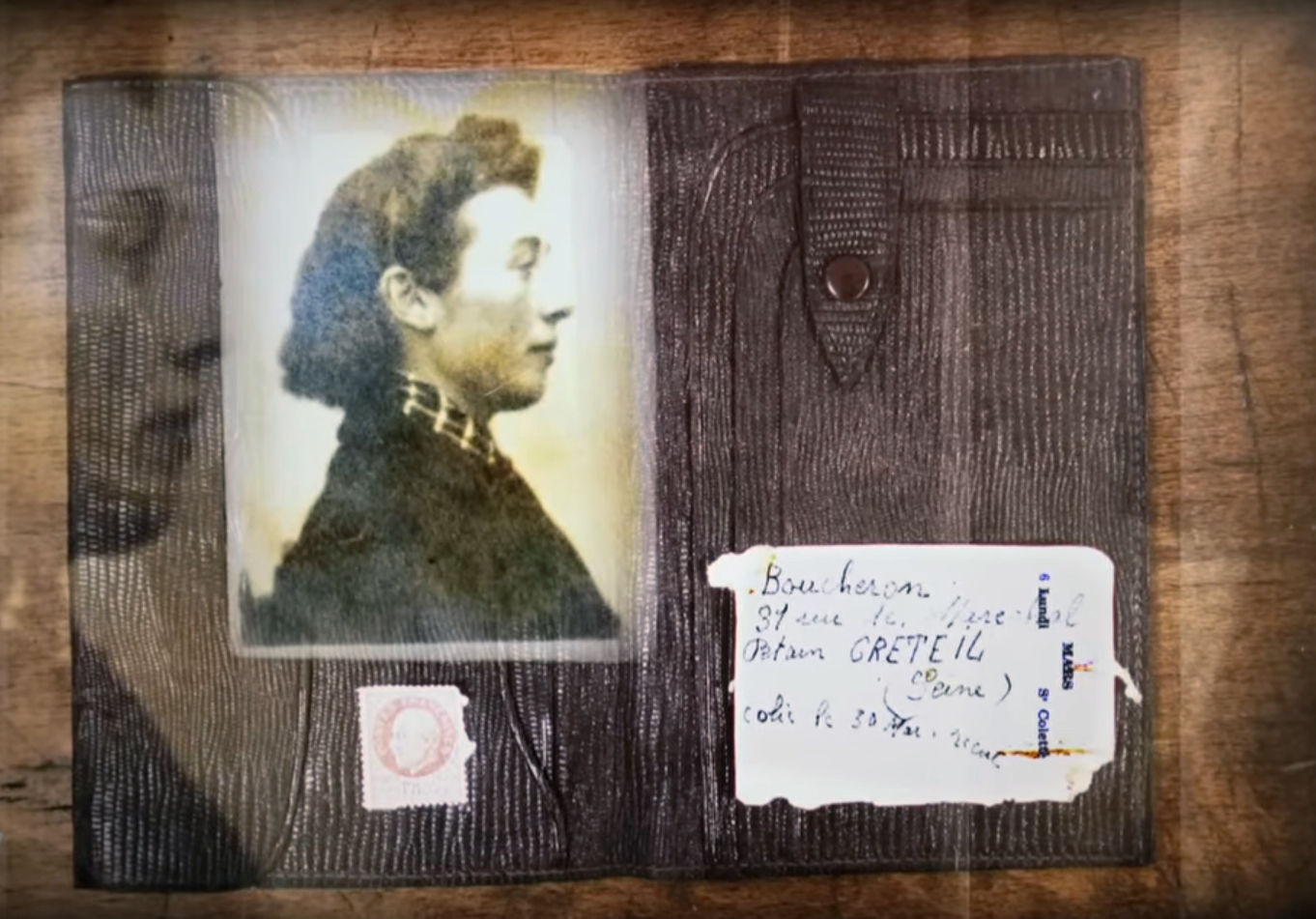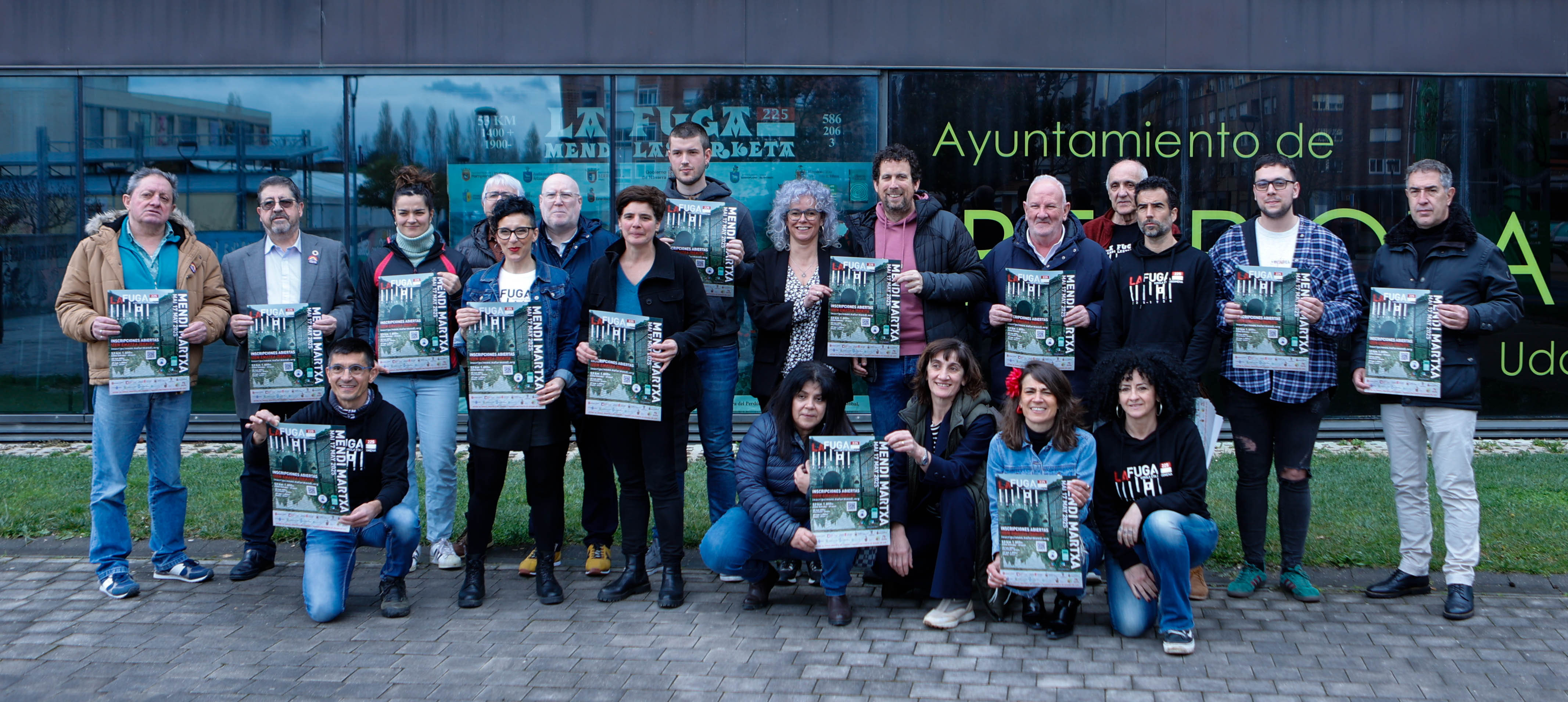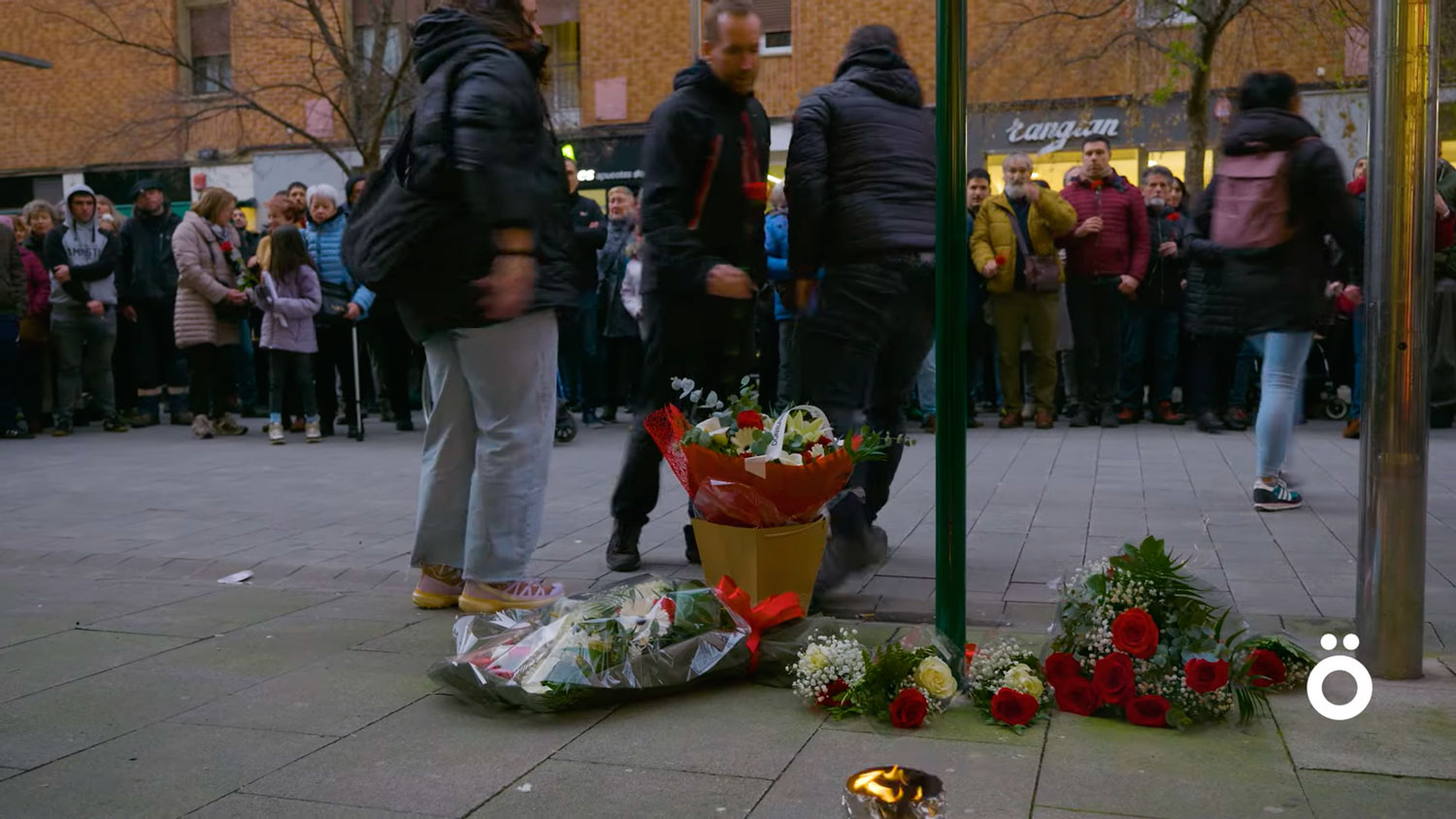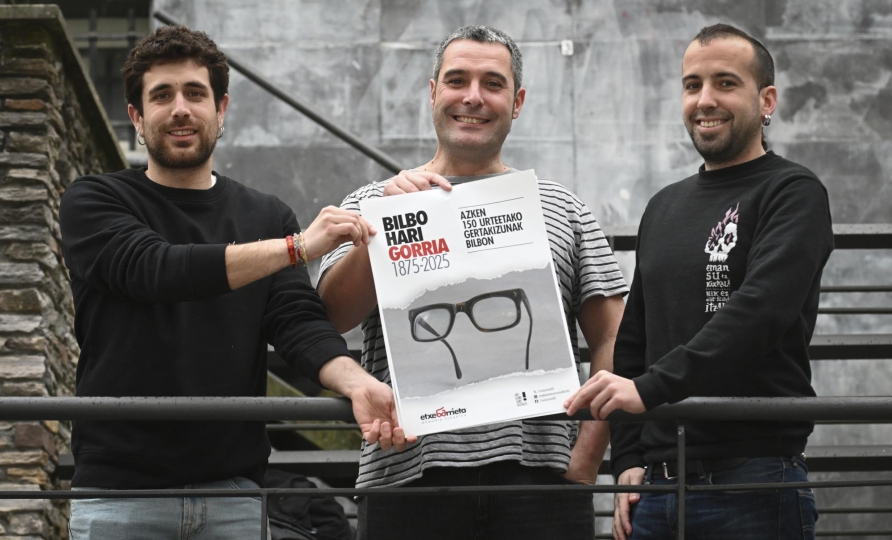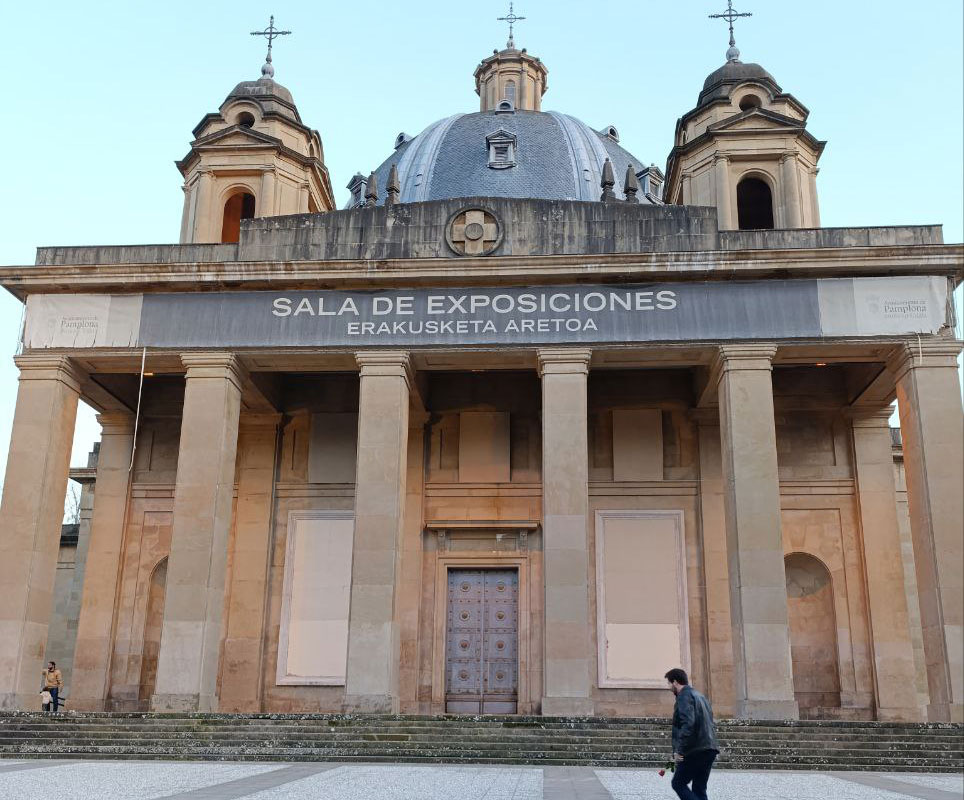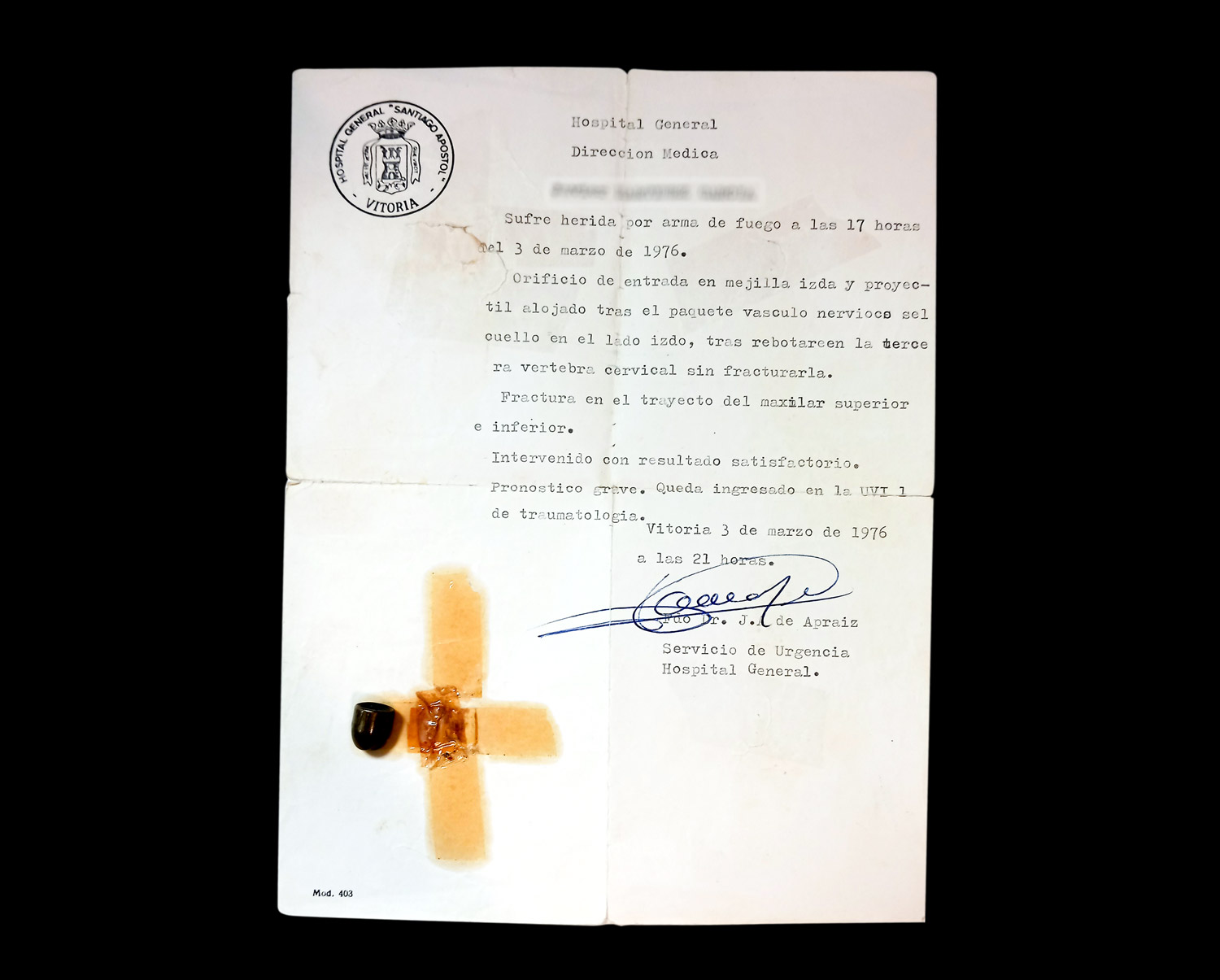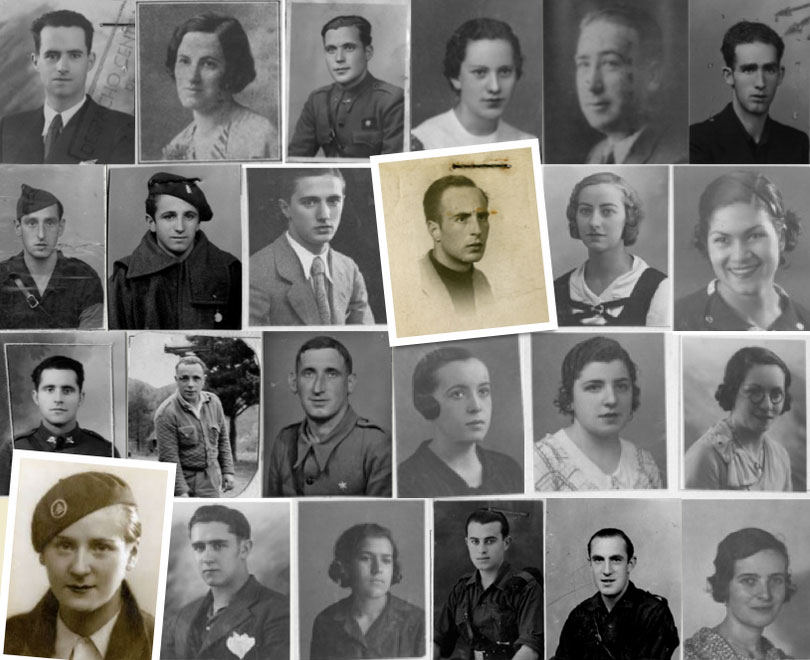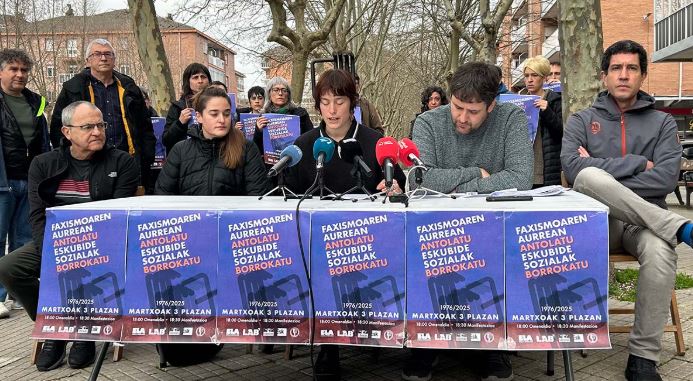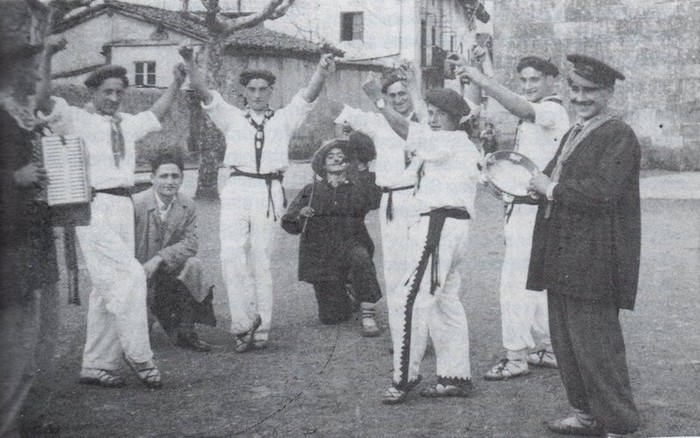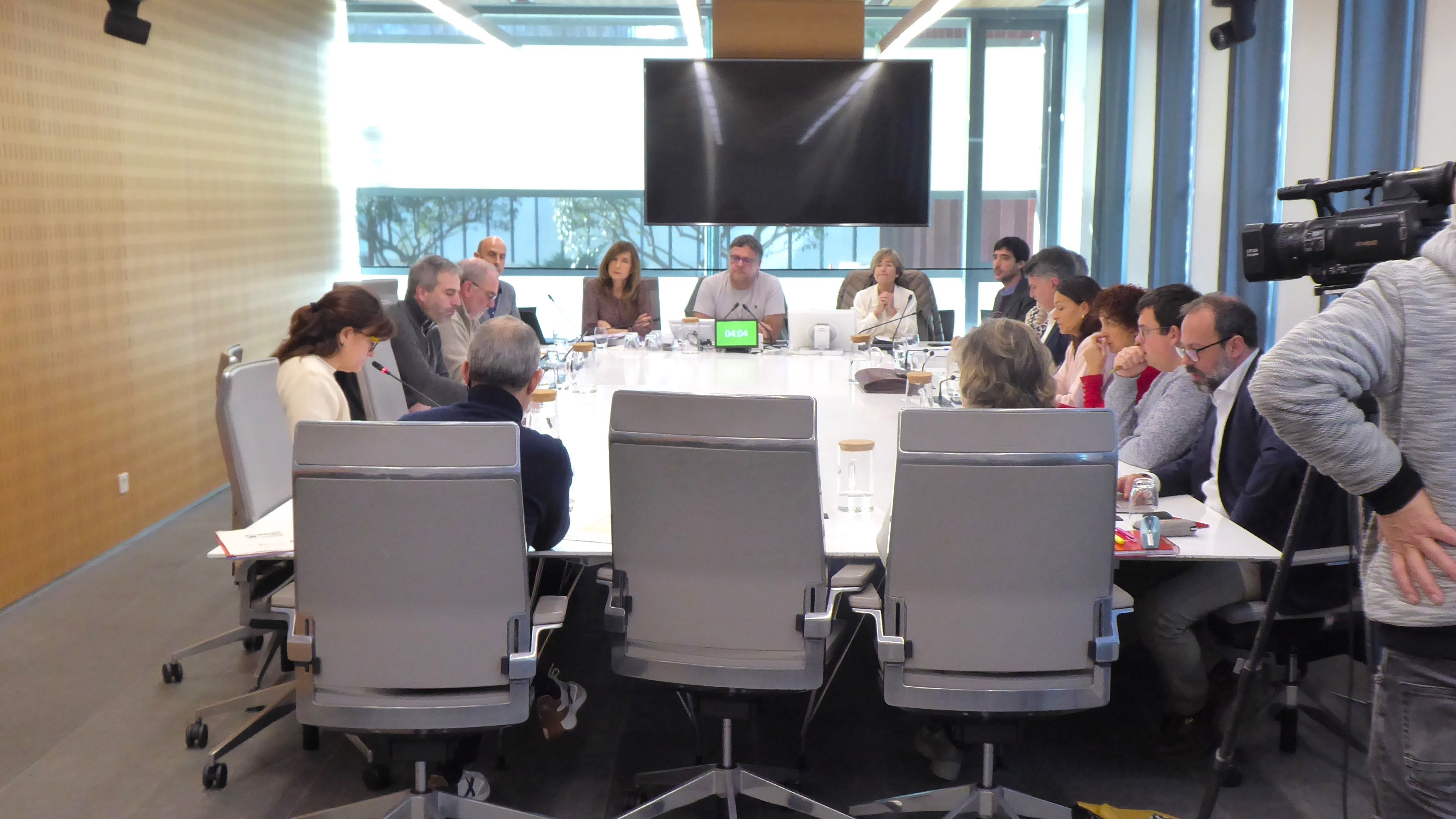Social Forum calls for the inclusion of the 40th anniversary of Lasa and Zabala in the institutional agenda
- On 16 October it is 39 years since the GAL kidnapped two young Tolosarras in Baiona. The Permanent Social Forum has pointed out that steps must be taken to redress, such as the recognition of the dirty war by the Spanish Government and the protection of the victims of ETA and the Spanish State.

The Permanent Social Forum has taken advantage of the anniversary of the kidnapping of young Tolosarras Joxean Lasa and Joxi Zabala to make concrete demands and has asked to “continue to make progress in the construction of democratic coexistence” to integrate the 40th anniversary of the case into the institutional agenda. Two reasons stand out: “To help overcome the categorization of victims and to repair victims and their families.”
On 16 October 1983 the GAL kidnapped Lasa and Zabala in Baiona. They were violently tortured at the premises of the Palacio de la Cumbre de la Guardia Civil de San Sebastián and taken to Alicante. They were murdered in the camp and buried in the dead lime. His remains were identified in 1995, and when they were buried in Euskal Herria, at the airport of Hondarribia and in the burial, the Ertzaintza attacked his relatives. The Social Forum has recalled that fourteen Basque cases of enforced disappearance have been documented, of which seven are still unresolved.
In the case of Lasa and Zabala, they have denounced the collection of “all human rights violations”: “Kidnapping, torture, murder, forced disappearance, concealment in the lime alive hundreds of kilometres, non-recognition as a victim and discrimination against families and, in addition, lack of respect for family mourning by the police in the collection of their remains”. And the violations have been described as “particularly serious” because the perpetrators are “public officials”.
Steps to follow
For all these reasons, the Social Forum has underlined the need to take “two fundamental steps” within the 40th anniversary: Recognition by the Government of Spain and the President of the damage caused, such as the dirty war and torture; and inclusion of the Basque Government in the institutional agenda and “pedagogical dissemination”.
The organization has valued “progress” in recent months. “However, much remains to be done to overcome the asymmetric treatment suffered by the victims of the State,” they warn.
Kirola eta oroimena uztartuko dituzte, bigarrenez, mendi-martxa baten bitartez. Ez da lehiakorra izanen, helburua beste bat delako. La Fuga izeneko mendi martxak 1938ko sarraskia gogorarazi nahi du. Ezkabako gotorlekuan hasi eta Urepelen amaituko da. Maiatzaren 17an eginen dute.
Fusilamenduak, elektrodoak eta poltsa, hobi komunak, kolpismoa, jazarpena, drogak, Galindo, umiliazioak, gerra zikina, Intxaurrondo, narkotrafikoa, estoldak, hizkuntza inposaketa, Altsasu, inpunitatea… Guardia Zibilaren lorratza iluna da Euskal Herrian, baita Espainiako... [+]
Gogora Institutuak 1936ko Gerrako biktimen inguruan egindako txostenean "erreketeak, falangistak, Kondor Legioko hegazkinlari alemaniar naziak eta faxista italiarrak" ageri direla salatu du Intxorta 1937 elkarteak, eta izen horiek kentzeko eskatu du. Maria Jesus San Jose... [+]
Familiak eskatu bezala, aurten Angel oroitzeko ekitaldia lore-eskaintza txiki bat izan da, Martin Azpilikueta kalean oroitarazten duen plakaren ondoan. 21 urte geroago, Angel jada biktima-estatus ofizialarekin gogoratzen dute.
Bilbo Hari Gorria dinamikarekin ekarriko ditu gurera azken 150 urteetako Bilboko efemerideak Etxebarrieta Memoria Elkarteak. Iker Egiraun kideak xehetasunak eskaini dizkigu.
33/2013 Foru Legeari Xedapen gehigarri bat gehitu zaio datozen aldaketak gauzatu ahal izateko, eta horren bidez ahalbidetzen da “erregimen frankistaren garaipenaren gorespenezkoak gertatzen diren zati sinbolikoak erretiratzea eta kupularen barnealdeko margolanak... [+]
1976ko martxoaren 3an, Gasteizen, Poliziak ehunka tiro egin zituen asanbladan bildutako jendetzaren aurka, zabalduz eta erradikalizatuz zihoan greba mugimendua odoletan ito nahian. Bost langile hil zituzten, baina “egun hartan hildakoak gehiago ez izatea ia miraria... [+]
Memoria eta Bizikidetzako, Kanpo Ekintzako eta Euskarako Departamentuko Memoriaren Nafarroako Institutuak "Maistrak eta maisu errepresaliatuak Nafarroan (1936-1976)" hezkuntza-webgunea aurkeztu du.








